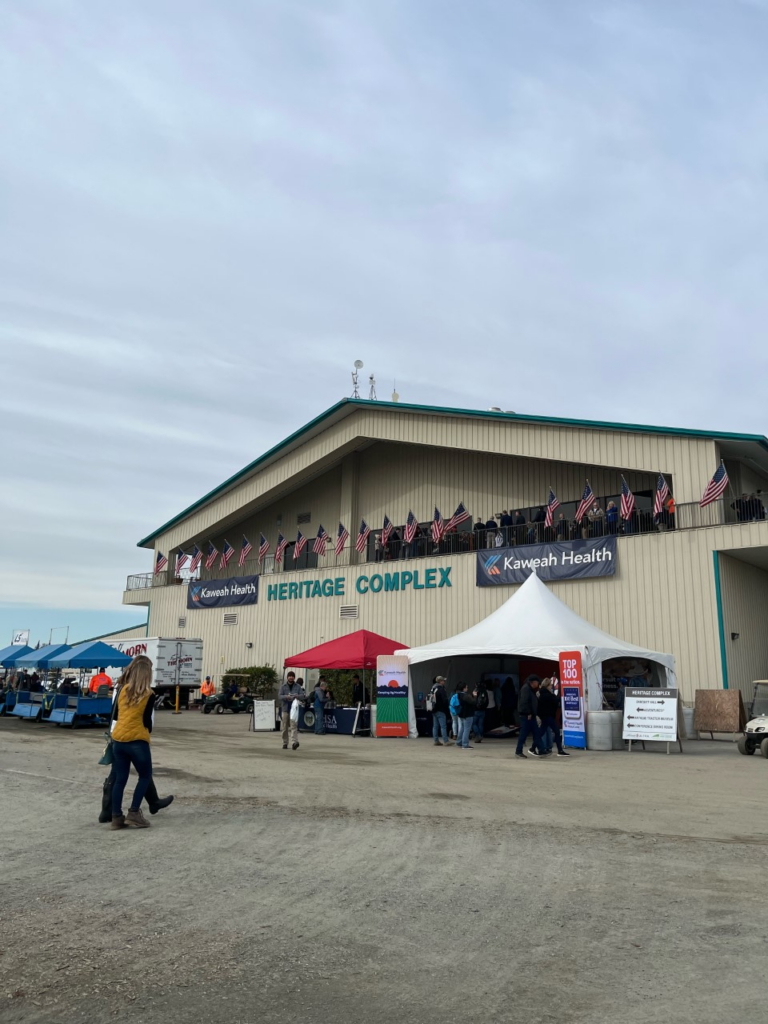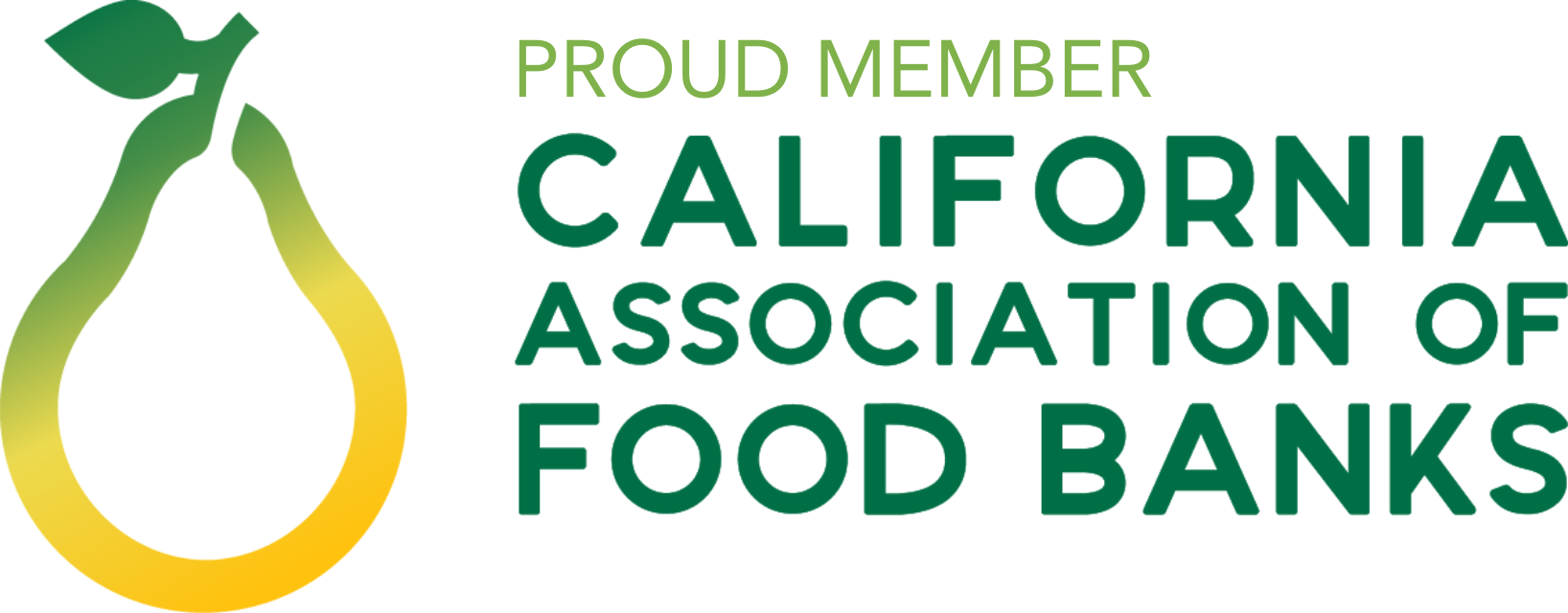Every five years, Congress passes a revised Farm Bill, a package bill of federal legislation that provides funding levels, rules, and much more for essentially all national food and agriculture programs. The Food Bank of Contra Costa and Solano actively advocates for Farm Bill provisions that would bolster federal nutrition programs, including SNAP.
On February 14, 2023, I had the opportunity to represent both our food bank and the California food banking community at the Farm Bill Listening Session at the World Ag Expo in Tulare, CA. This listening session was hosted by the House Committee on Agriculture – a bipartisan committee led by Rep. Glenn Thompson – alongside Speaker of the House Kevin McCarthy.
Hundreds of farmers, ranchers, and agricultural workers from all over California and the U.S. attended this session, as did staff from other food banks in the state, including the California Association of Food Banks, LA Regional Food Bank and the Central California Food Bank.
What is the Farm Bill?
The Farm Bill is a package bill that sets multiyear laws, meaning it contains many pieces of legislation related to food and agriculture and sets baseline funding levels for related programs. The Farm Bill is re-evaluated, re-negotiated and must be passed as a new piece of legislation every five years. Our last Farm Bill was in 2018 and the 2023 Farm Bill is being discussed now.
The Farm Bill is a bipartisan effort. Because of this, it provides an opportunity for food and agricultural workers across the country to collaborate and share their needs and potential solutions.
Why does the Farm Bill matter for FBCCS?
The 2023 Farm Bill will set the funding levels for an array of federal nutrition programs like SNAP until 2028. It’s in our best interest to ensure these programs are bolstered to serve our community members. Potential cuts to these programs could result in our food bank, and many others nationwide, serving even more clients over the next five years.
Additionally, the Farm Bill will drastically impact all U.S. farmers and agricultural workers, which will directly impact the price of food items – and therefore our food system and supply chain overall.
Committee members on both sides of the aisle stated that “food security is national security,” and we need to protect and strengthen our food industry; though perspectives on how best to do that vary. At the listening session in February, the overall recommendation from in-person speakers was to increase baseline funding levels for the majority of the programs that the Farm Bill includes.
The committee is tasked with finding ways to best address citizen feedback and put forth a 2023 Farm Bill that will pass out of the House this year.
See our testimony
The four of us in attendance representing California Food Banks divided up high-level topics for our testimonies. I spoke to the importance of Disaster SNAP (D-SNAP) and SNAP for college students.
Watch my brief two-minute testimony to the Speaker of the House, Chairman, and, US Food & AG Committee (testimony starts at 1 hour, 36 minutes)
Want to learn more or get involved in our advocacy efforts?
Sign up for The Brief, our monthly advocacy newsletter.
Contact Cassidie Bates, Government & Public Affairs Manager at cbates@foodbankccs.org




